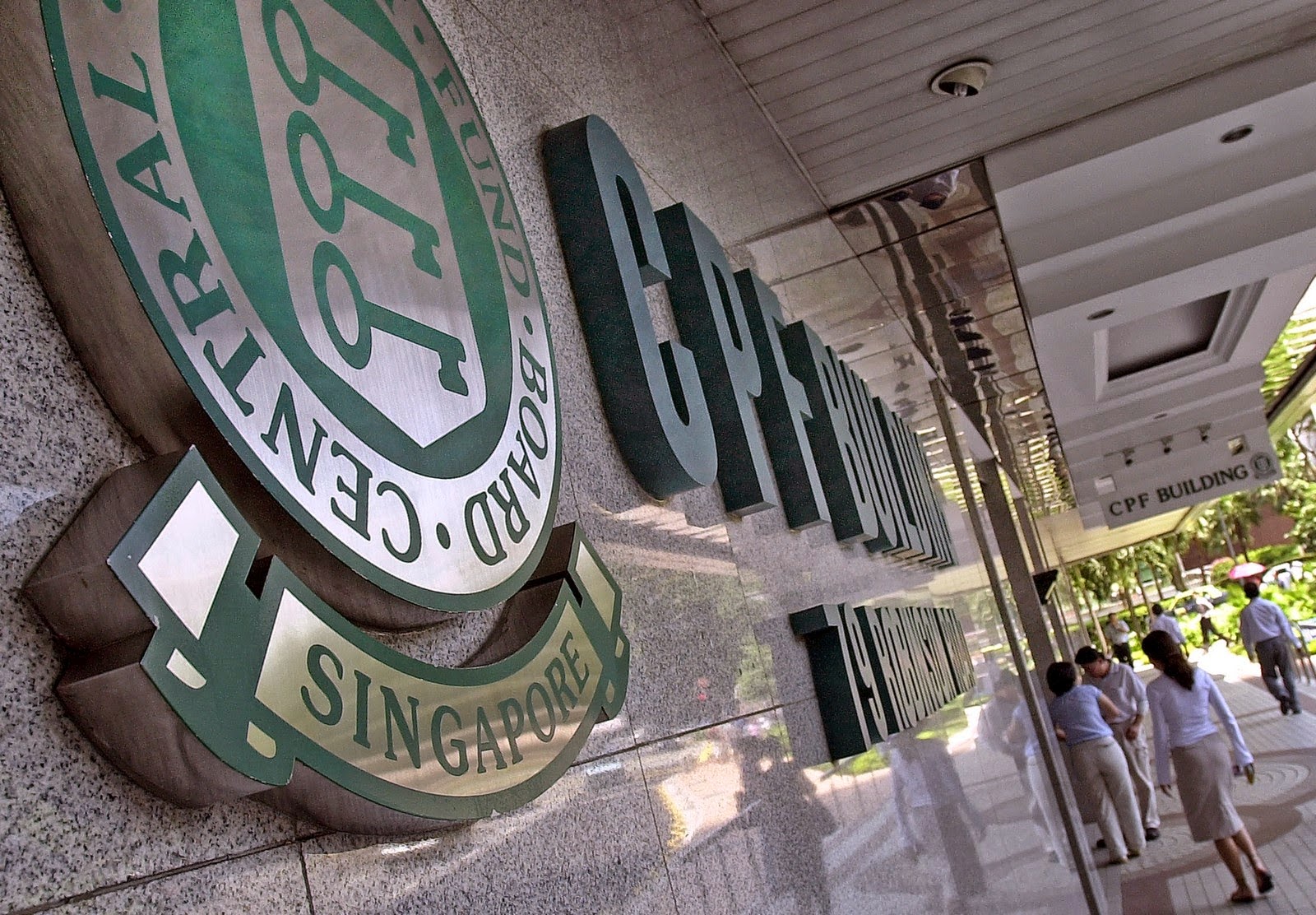The Central Provident Fund (CPF) is a mandatory savings scheme in Singapore that sets aside a portion of an individual’s salary for retirement, housing, and healthcare needs. This compulsory savings plan ensures a secure financial future for Singapore citizens and Permanent Residents (PRs). While the CPF is primarily designed for locals, it’s crucial for foreign workers to understand its implications, as it significantly impacts Singapore’s workforce and economy.
Central Provident Fund and Foreign Workers: Key Points
Unlike Singaporean citizens and PRs, foreign workers in Singapore are exempt from contributing to the CPF. This means that your employer does not deduct any portion of your salary for CPF contributions. However, it’s important to note that this exemption does not mean you are completely detached from the CPF system.
- Indirect Benefits: Although you don’t contribute directly, you benefit indirectly from the CPF system. A robust CPF system contributes to a stable economy, which can positively impact your overall work experience and living conditions in Singapore. A healthy economy often translates to better job opportunities, a higher standard of living, and a stable business environment.
- Employer Obligations: Your employer, on the other hand, is obligated to contribute to the CPF for their Singaporean and PR employees. These contributions form a significant portion of the CPF fund, which is used for various public housing, healthcare, and retirement schemes.
- CPF and Work Passes: The CPF system is closely linked to Singapore’s work pass system. Employers use CPF contributions as a key factor in determining their foreign worker quota. Companies with a higher percentage of local employees (contributing to CPF) are generally allowed to employ more foreign workers. This policy encourages businesses to prioritize local hiring while also allowing for the necessary foreign talent.
Central Provident Fund And How It Impacts Foreign Workers
While foreign workers don’t contribute to CPF, understanding the system can provide valuable insights:
- Job Security: A company with a healthy CPF balance for its local employees often indicates financial stability. Such companies are more likely to weather economic downturns, reducing the risk of job layoffs.
- Economic Indicators: CPF figures serve as a crucial barometer of the Singaporean economy. A robust CPF system signifies a thriving economy with positive implications for businesses and individuals alike.
- Understanding the Workplace: Familiarizing yourself with CPF can enhance your understanding of the Singaporean workplace and business culture. It provides insights into the country’s social safety net and the government’s priorities.
Central Provident Fund and Your Future
Although you don’t contribute to CPF, planning for your financial future is essential. Here are some strategies to consider:
- Personal Savings: Building a robust personal savings plan is crucial for your financial security. Consider opening a savings account in Singapore or your home country to accumulate funds for various life goals.
- Investment Options: Explore investment opportunities available to foreign workers. This could include stocks, bonds, mutual funds, or other investment vehicles. However, it’s essential to conduct thorough research or consult with a financial advisor before making any investment decisions.
- Retirement Planning: Start planning for your retirement early, even if you’re not eligible for CPF benefits. This includes estimating your retirement expenses, determining your desired lifestyle, and exploring potential income sources during retirement.
Central Provident Fund: Additional Considerations for Foreign Workers
- Healthcare: While CPF Medisave is primarily for Singaporeans and PRs, foreign workers can purchase private health insurance plans to cover medical expenses.
- Housing: Understanding the Singapore property market can be beneficial, even if you’re not planning to buy a property. It can help you make informed decisions about rental accommodations.
- Financial Advice: Consider seeking advice from a financial advisor to create a personalized financial plan tailored to your specific needs and circumstances.
Must Read: Minimum Wage Singapore, A Guide For Employers And Employees
Conclusion
While foreign workers in Singapore are not part of the CPF system, understanding its significance is essential. It provides insights into the Singaporean economy, workplace dynamics, and helps you make informed financial decisions for your future. Building a strong personal financial plan is crucial for your long-term financial security and well-being.
By understanding the CPF system and taking proactive steps to manage your finances, you can enjoy a fulfilling and financially secure life in Singapore.






